The government is proposing sweeping reforms to Progress 8, the main league table measure for secondary schools, in a bid to boost arts take-up.
The move runs counter to Professor Becky Francis’s review, which recommended that the subject make-up of Progress 8 be left alone.
At present, schools are given a progress score based on pupils’ improvement since primary school in eight subject “buckets”.
The first two are English and maths, and three more have to be EBacc subjects – including sciences, languages or humanities. The remaining three are “open” buckets for any other qualifications.
But ministers will scrap the EBacc – as proposed by the Francis’s Curriculum and Assessment Review – and “develop and consult on an improved version of Progress 8 and Attainment 8 that balances a strong academic core with breadth and student choice”.
The government will “consult in due course” on the proposals and publish its response in the summer term next year “so that schools can take the revised measure into account when determining subject choices for pupils who will start their GCSEs in September 2027”.
The Department for Education (DfE) has clarified that this means the new Progress 8 measure would first apply to GCSEs sat in 2029.
It means any schools that run three-year GCSE courses will need to take it into account during subject choices for the current cohort of year 8s.
New ‘breadth’ buckets
Under the government’s proposal, English and maths will remain the first two buckets, but two buckets will be created specifically for science qualifications, including double science, the separate sciences and computing.
The remaining four would be new “breadth” buckets, and these would have to include a subject from two of the three categories of humanities, creative subjects and language (see image).
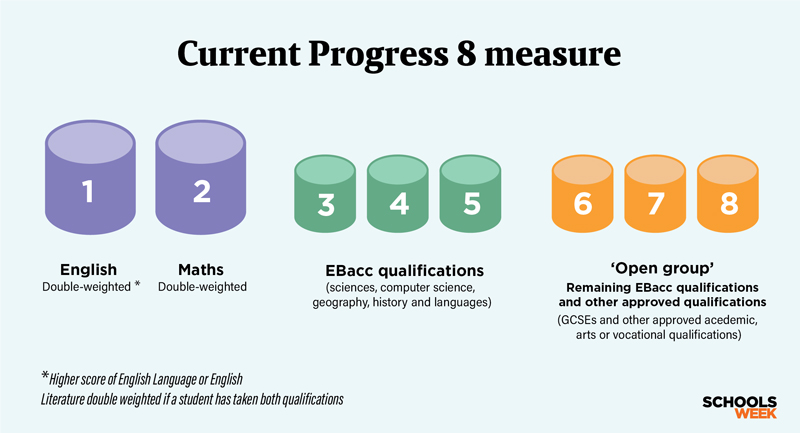
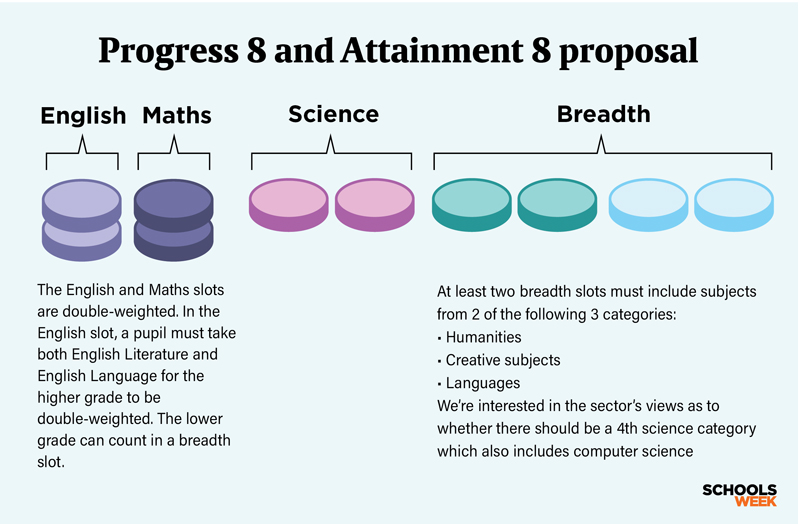
DfE over-rules Francis review
The proposals for Progress 8 reform represent a divergence from Francis’s recommendations.
Her review stated that “our view remains that it supports both students’ progress and curriculum breadth.
“We therefore recommend making no changes to the structure of Progress 8 or the composition of the ‘buckets’. We recommend only that the ‘EBacc’ bucket is renamed ‘academic breadth’.”
Speaking to journalists this week, Francis acknowledged that she and the government “have two slightly different positions on what Progress 8 might look like”.
“They’ve said they’ll consult, so hopefully that will be true of any areas of difference, and everybody will have the chance to have their say.”
Laura Trott, the shadow education secretary, challenged Bridget Phillipson about her decision to over-rule Francis.
“We have been here before. Under the last Labour government standards fell, ambition shrank and the attainment gap widened.”
It’s all about ‘breadth’
But Phillipson insisted the “improved Progress 8 and Attainment 8 measures will ensure that students retain a strong academic core, but with a breadth to expand into further study”.
As part of the proposals, the DfE has also said it would also seek views on the potential need for a fourth category of science subjects which could count in buckets five and six along with creative, humanities and languages.
This would “allow more choice and specialisation in science”, the department said.
It would also look at whether design and technology, currently classed as a creative subject, could move to that category.
Its proposals would also see religious studies GCSE classed as a humanities subject under Progress 8 for the first time.
Vocational qualifications criticism
But a decision by the DfE to only have academic qualifications count towards buckets five and six of the revamped Progress 8 has drawn criticism. Vocational qualifications would only be able to sit in buckets seven and eight.
Ben Parnell, chief executive of the Athena Learning Trust, said the move created a “potentially disastrous dilemma for secondary schools”.
He said: “While the DfE aims to boost the arts, by making only academic GCSE arts qualifications count toward the core creative requirement in slots five and six, schools are strongly incentivised to prioritise running GCSE art, GCSE drama, or GCSE music.”
He said the change would “effectively compel” schools wanting to offer vocational courses to “run two separate curriculum streams for the arts”.
“The inevitable result for all but the largest secondary schools is a splitting of student numbers. Neither the GCSE arts group nor the vocational arts group may reach the class sizes required for the subjects to run efficiently, potentially leading to the cancellation of one or both, or the effective marginalisation of the vocational route.”
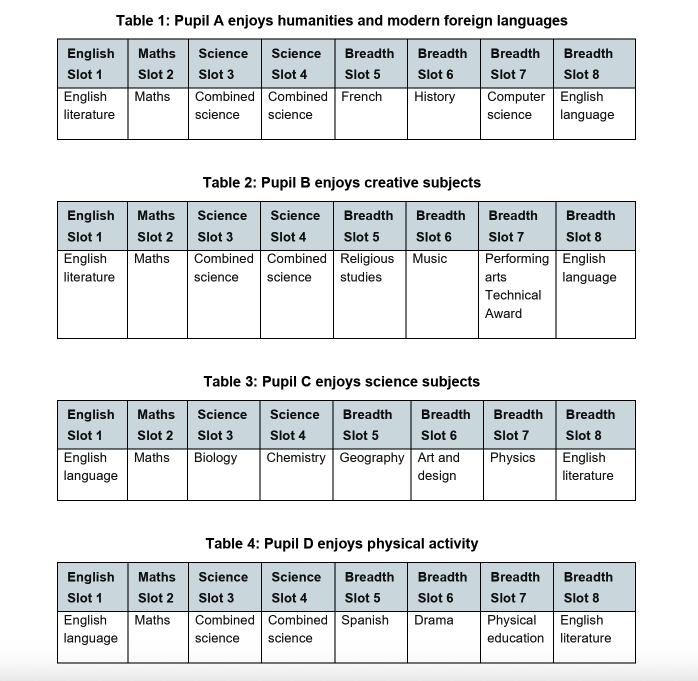
DfE goes its own way on year 8 tests
The DfE has also not fully accepted Francis’s recommendation that new diagnostic test in English and maths be brought in for year 8 pupils.
Instead it is focusing on its previously-announced plan to create a mandatory reading check in the second year of secondary school.
The DfE also said it would “expect all schools to assess pupil progress in writing and maths in year 8 and will support them to select the right products to do this”.
Our full curriculum review coverage:
News story: New national curriculum pledged from 2028
What ministers said: which recommendations will now become government policy?
Key policies round-up: Scrap EBacc, year 8 tests in English and maths, cut 10% from GCSE exam time
Subject-specific policy round-up: Mandatory citizenship, RE in the national curriculum and triple science entitlement:
Interview: Becky Francis on the big ideas in her curriculum review
Elsewhere, the government response also goes further than Francis’s reviews on languages, stating that it will also “explore the feasibility of developing a new qualification which enables all pupils to have their achievements acknowledged when they are ready rather than at fixed points.
“We will learn from models such as the Languages Ladder, which supported and recognised progress in languages. We will optimise the use of technology to minimise teacher workload and make assessment more engaging for pupils.
“We are working closely with stakeholders to establish the viability of such a qualification, making sure it meets the needs of schools and pupils, before making any decision on whether to introduce it.”
The response also pledges to “explore introducing a new level 3 qualification in data science and AI, to ensure that more young people can secure high value skills for the future and that we cement the UK’s position as a global leader in AI and technology”.
Neither qualification was recommended in the review.
Helen Hayes, education select committee chair, said she was “concerned that in a number of areas, the government’s approach differs” from the “independent, evidence-based recommendations”.
“It is important that government set out why this is the case and their own evidence that they have relied on in reaching a different conclusion.”


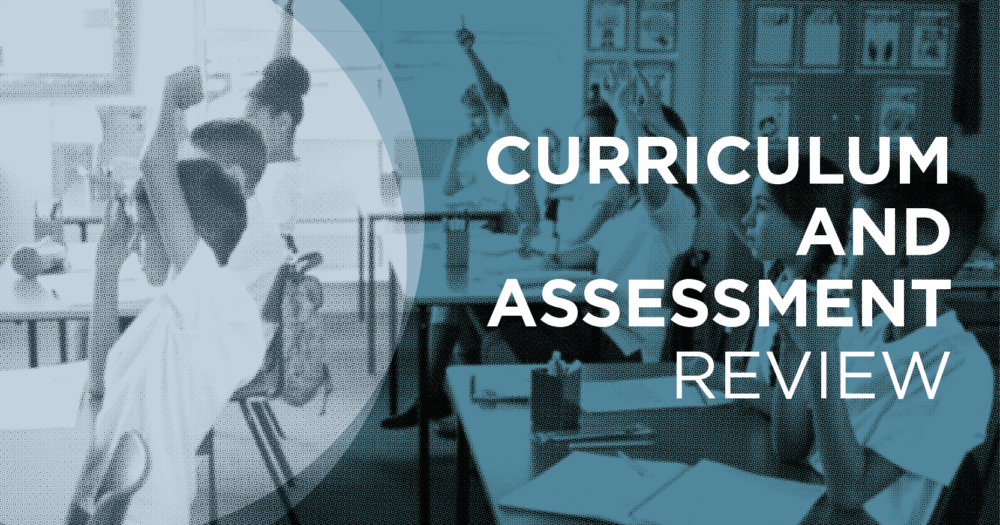









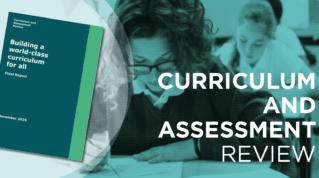
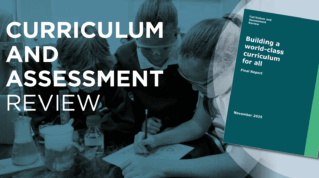

Your thoughts